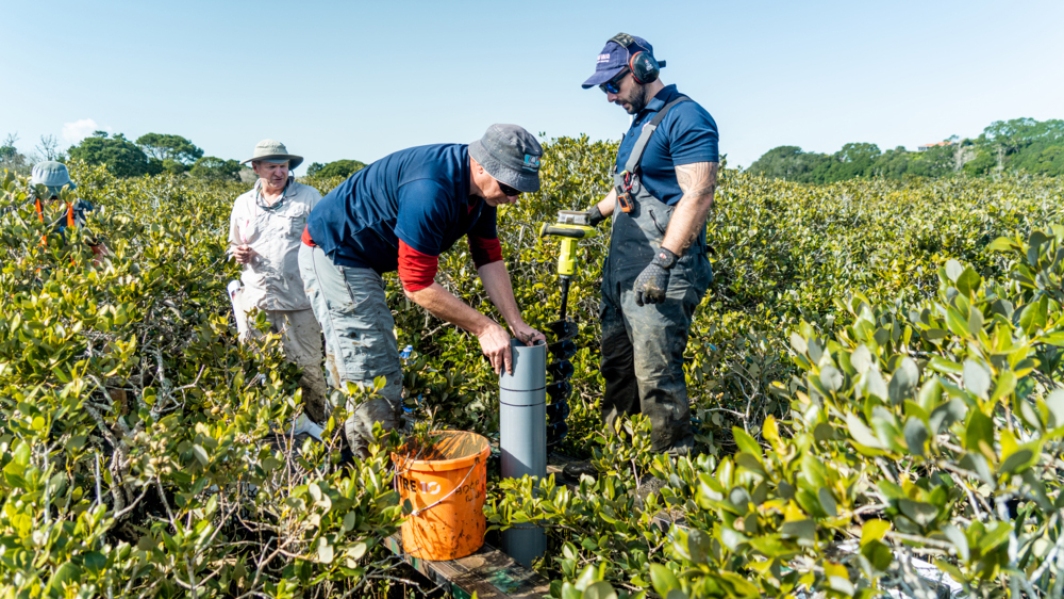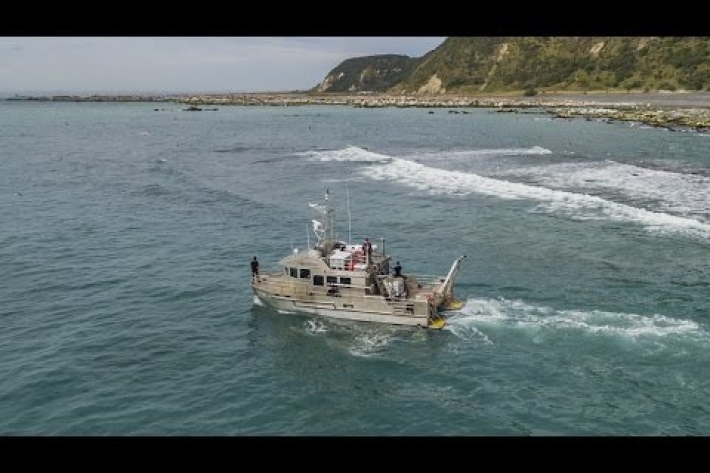-
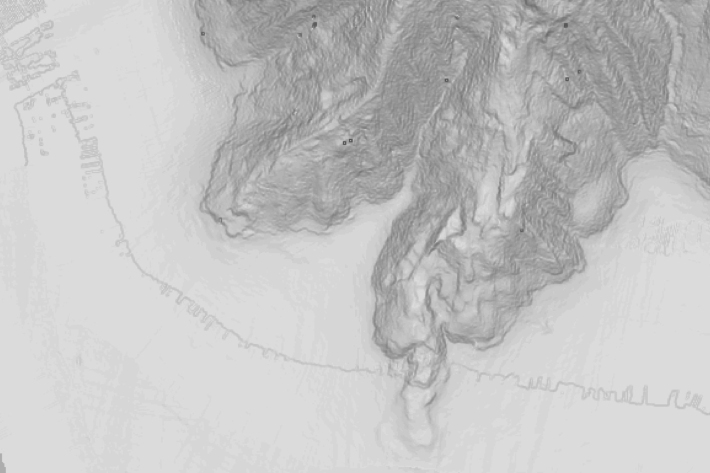
Massive mudslides in Kaikōura Canyon destroy seabed life
Media release27 February 2017Huge mudslides from November’s earthquakes have wiped out all organisms living in the seabed of the Kaikōura Canyon. -
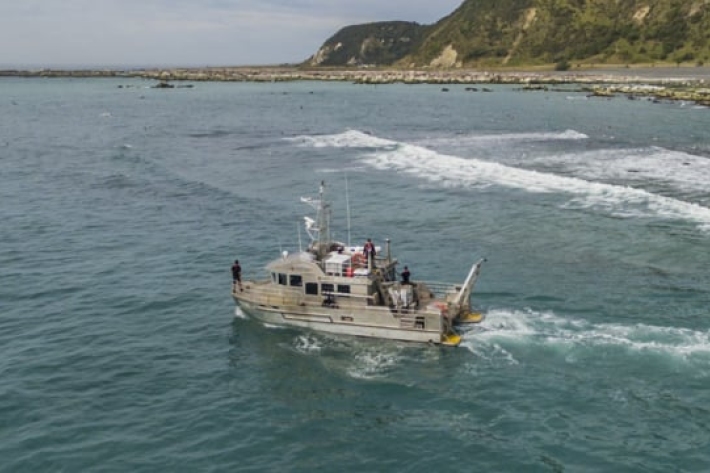
Earthquake’s Unseen Impact
NIWA scientists on board RV Ikatere have been surveying the coastal area around Kaikoura for the first time since November's magnitude 7.8 earthquake. -
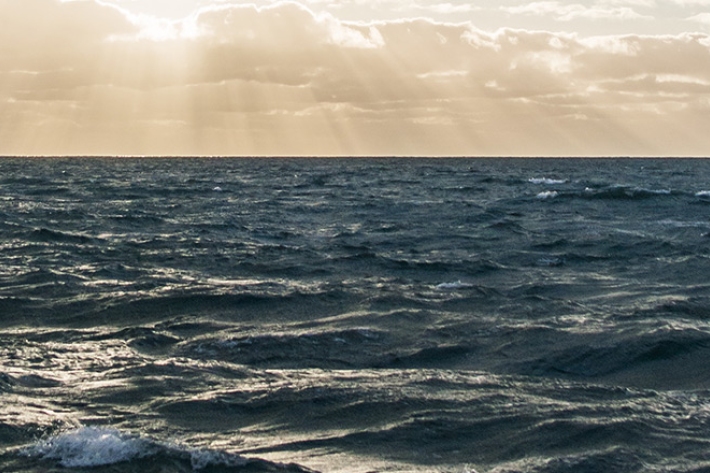
Sustaining the sea
Feature story22 February 2017We examine how the Sustainable Seas National Science Challenge plans to enhance the use of marine resources within biological constraints. -
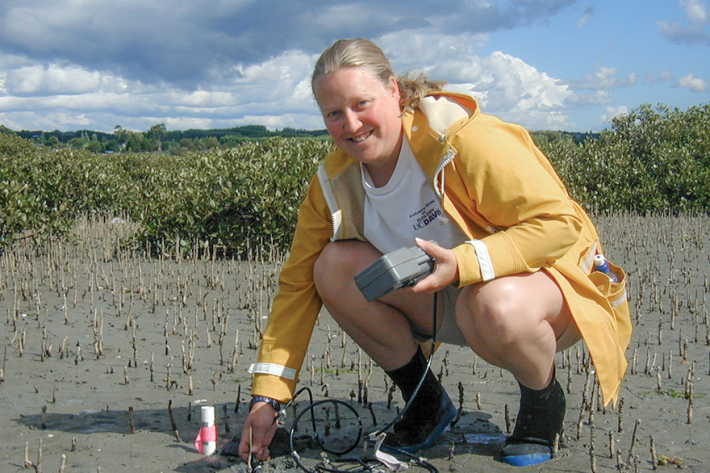
Muddy sinks
Feature story22 February 2017New Zealand’s mangrove swamps and coastal marshes may be particularly adept at absorbing and storing the carbon we emit. -
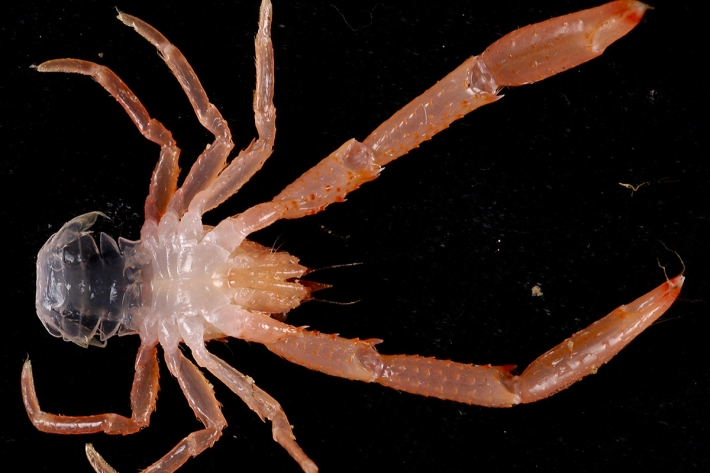
Critter of the Week: A squat lobster for a star!
Squat lobsters are known for their lengthy eyelashes and come in many different sizes from the mighty Munidopsis aries (90mm carapace length) to some species which have bodies only a few millimetres long. -
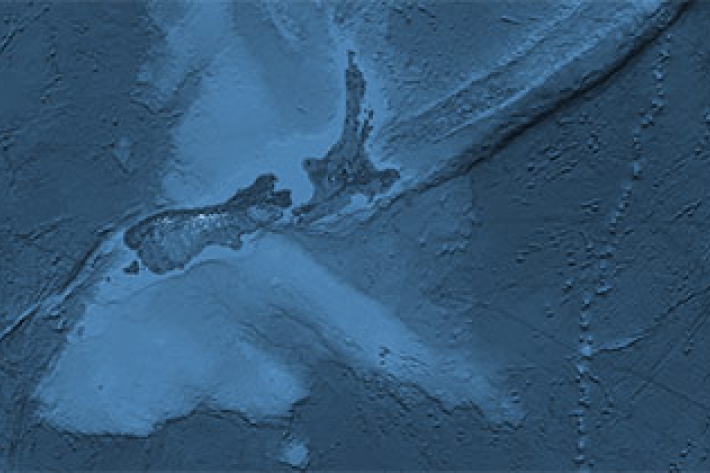
Important submarine canyon ecosystems at risk
News article03 February 2017A NIWA scientist is calling for greater protection of submarine canyons around New Zealand as their rich marine life comes under increasing threat from human activity. -

A nod to Ngāmotu
Feature story31 January 2017Barb Hayden is never far from the sea. In fact, it’s been a constant in her life—a personal and professional passion. -
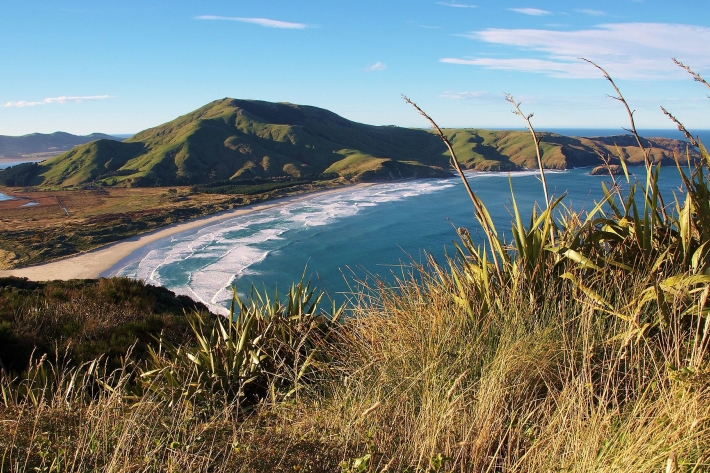
Summer Series week 5: Life's a beach
Media release16 January 2017Six scientists reveal their favourite beaches but also observe how they’re changing. -

Monitoring and maintenance of kōura
Once you have identified the problem, and applied the necessary tools for restoring kōura to your stream, the next phase of your project is to monitor the site to see whether restoration works. -

Applying the right tools to restore kōura to lakes and streams
The tools available for restoring kōura to lakes and streams depend on what is causing kōura to decline. -
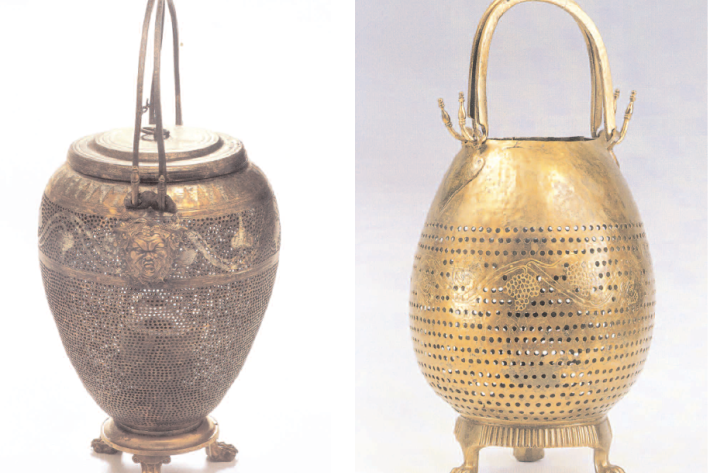
Critter of the Week – Aristotle's lantern: Celebrating the Aristotle Anniversary Year (2016)
This year is the 2400th anniversary of the birth of Aristotle, a philosopher and scientist (384 BCE), who among other many great achievements was the first person to describe the structure, ecology, and diversity of sea urchins – way back in the 4th century BC.

